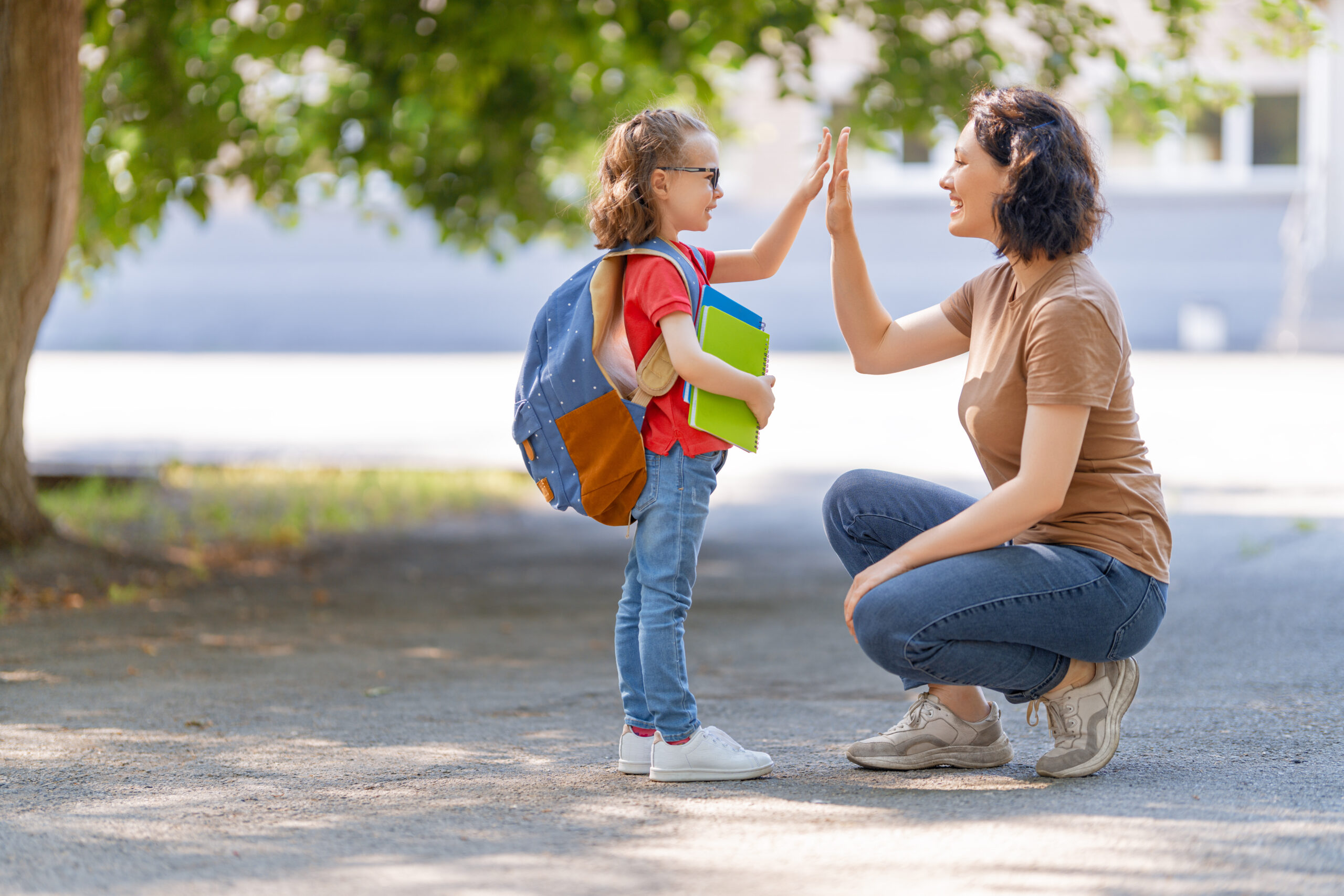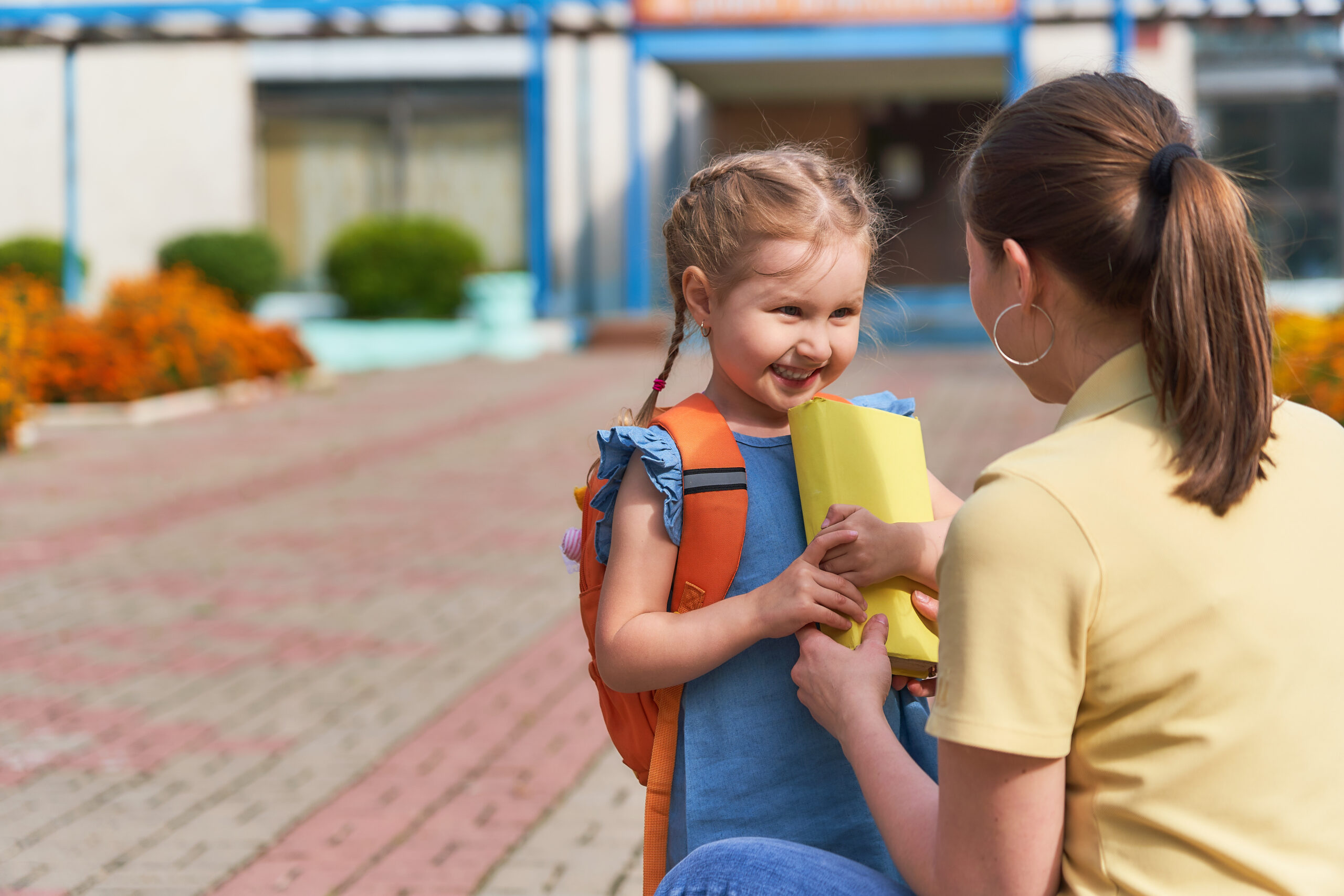First impressions can make a difference, and the first day of school is a perfect time to help children learn how to make first impressions count. A first impression can set the tone for the entire school year, so take steps now to be prepared.
Start with the Basics
A good first impression begins with making eye contact and smiling, which is not an easy task for some children placed in a new situation. Practice at home or on the playground to ease into any new skills.
Some children might need an adult’s help for introductions or as an emotional boost when meeting someone new. Arrive early to assist your child when they meet a teacher for the first time, or try to attend an open house or meet-the-teacher event. Not only do these events give kids an opportunity to become oriented with their classroom before the school year starts, they also help teachers identify students.
Reinforce Manners
Before starting school, remind children that they are a part of a larger classroom, which means being kind and taking turns with new classmates. Practice listening and conversational skills at home, then ask children what they’ve learned after an exchange. When kids know what to expect and have grasped some of these skills, it can help them mentally prepare for the first day.
Think About Appearance
What’s inside counts most, but sometimes a first impression is about appearance. Follow basic hygiene like brushing teeth, washing hands and combing hair. Wearing something that gives confidence can give kids an extra boost, as long as it follows the school’s dress code.
How Parents Can Make a Good Impression
Parents can make a good first impression with teachers by listening and asking questions about the upcoming year. Volunteer to help or bring supplies when needed. Share information about a child’s learning challenges or social needs before the first day, and be open to a teacher’s ideas for working together to help a child thrive.
It helps both parents and kids if students have all their school supplies on the first day. Teachers always appreciate students who are prepared, leaving a good impression for both student and parent. For kids, knowing that they aren’t missing items like notebooks or pencils can make the day less stressful and help them focus on being in the classroom environment.
Kindness Matters
Above all, the best way for parents and their kids to make a solid first impression is simply by being nice. Practicing kindness daily prepares children for kindness in the classroom, whether it’s doing something thoughtful for a neighbor, caring for an ailing family member or asking someone to play on the playground.
While first impressions are important, it can be a lot of pressure for some children if the first day of school isn’t perfect. If your child has a tough first day or gets off on the wrong foot, let them know there’s always an opportunity for a fresh start. A good impression is important, but so is learning how to bounce back with a second or third impression.




